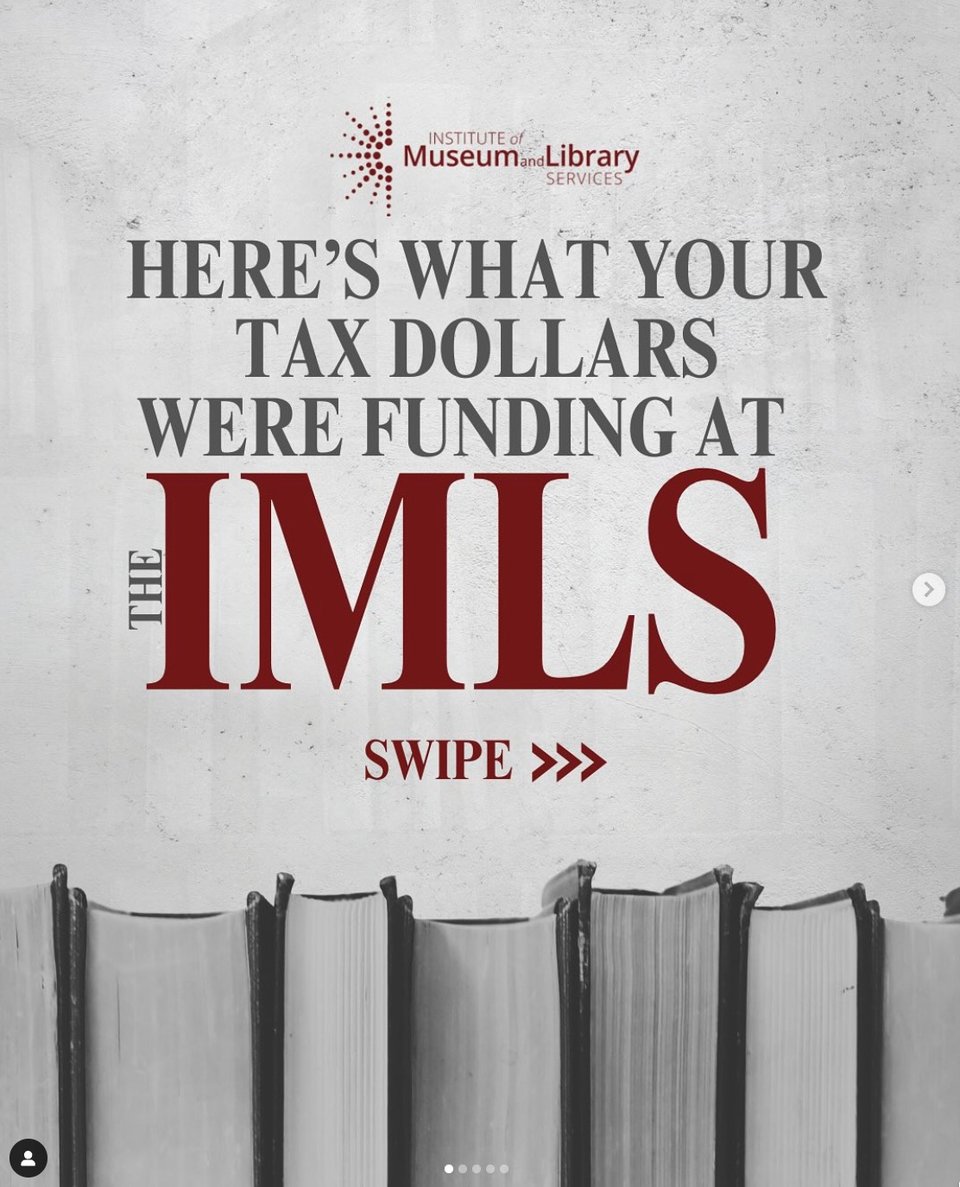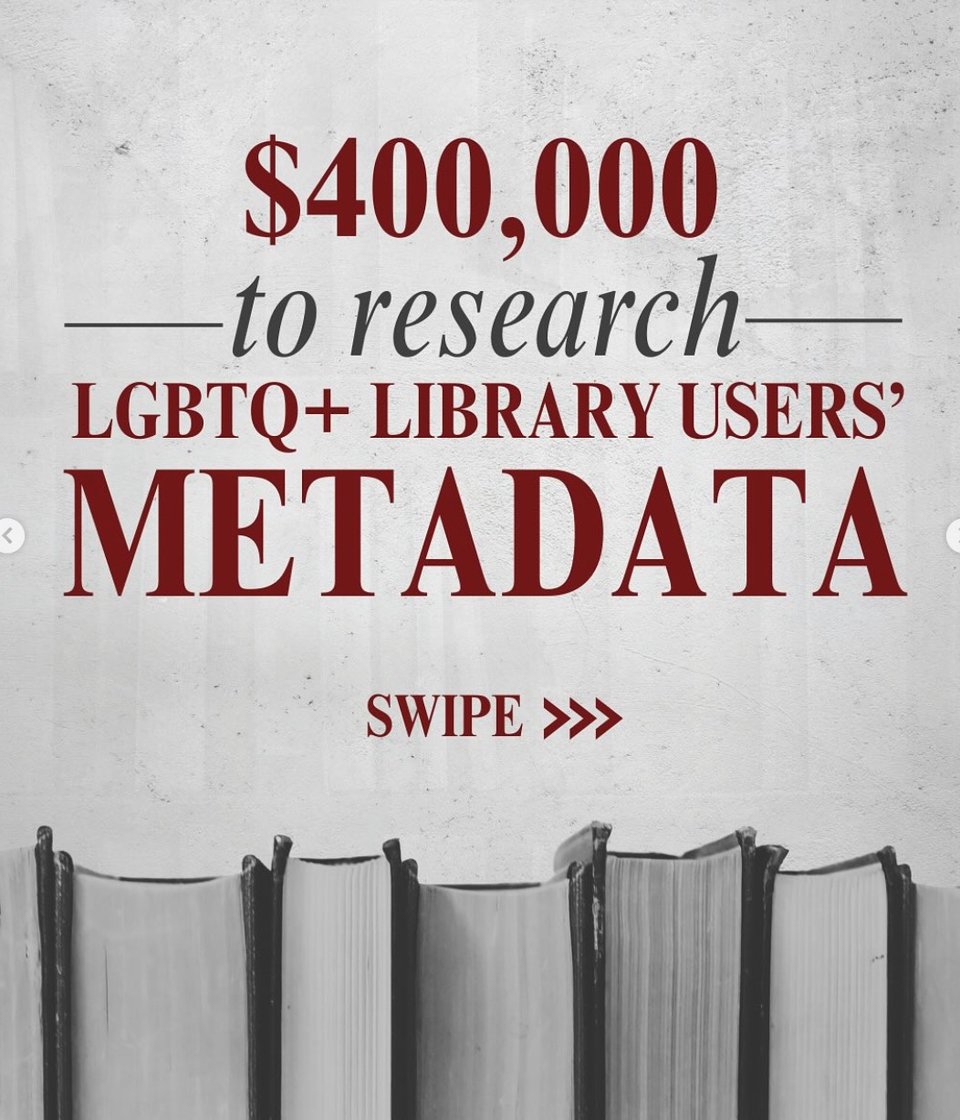3 Library & Censorship Stories I'm Watching Right Now
I am currently out of the office on caretaking leave for most of April. Much as I wish I could be a person who completely logs off during periods of time like these, I’m not. That said, I am really good at putting up boundaries to what I do and don’t do.
Among the boundaries are not keeping tabs on every possible library or book censorship story going on. I don’t need to search or click like I do for the weekly Literary Activism roundups to know that things are dark and getting darker.
That said, a few stories from across the USA that are on my radar right now. Each has been unfolding over the several weeks or months and the outcomes are either being seen or will be seen in the very near future.
Ohio Libraries Won Back Their Budgets at the Expense of LGBTQ+ Books
As I reported over on Book Riot last week, Republicans in Ohio’s House of representatives made a budget proposal that would completely change the way libraries in the state were funded while simultaneously cutting $100 million from that budget in the next two years. A month or so earlier, there’d been a rumor this could happen, so libraries and library advocates were not completely unprepared.
The advocacy and pushback to the cuts was swift and it was loud. It was effective, too–the budget for libraries in the state was saved, at least for now. Is it what the Governor had proposed? No. Is it a sustainable model? Also no. But for two years, libraries are safe.
Except for one major thing.
All public libraries in Ohio would be required to relocate and remove any and all materials “related to sexual orientation or gender identity or expression” into a place in the library that would not be in view of those under the age of 18. That’s right–out of VIEW of those under the age of 18. For small libraries, this is downright impossible; that’s why some libraries in Idaho, which has a similar law, have gone adult only.
Not to mention, what does “related to sexual orientation or gender identity or expression” mean? Is that ALL LGBTQ+ books? Is it all LGBTQ+ books and all puberty books? Is it all LGBTQ+ books, all puberty books, and all biology books?
This part of the budget proposal didn’t show up at the fight over funding. Indeed, at least one source shared that discussion of this piece of the bill wasn’t even on the table.
So while Ohio libraries have a temporary budget, they have it at the expense of having to bend to the will of state lawmakers related to what can be in eyesight of patrons under 18.
Holding two thoughts simultaneously is necessary here: being happy Ohio libraries will have budgets and being utterly angry that the fight did not include this provision. LGBTQ+ books–and people and children–were sold out in the process.
Days later, by the way, Mississippi removed gender and race related databases from their statewide offerings in response to losing IMLS money. It’s pretty clear that anything “DEI” related is going to be first on the chopping block when it comes to funding anymore, and those decisions are 1. counter to the entire purpose of libraries and 2. say something about their importance by leaders in these moments.
This won’t be the first nor last time we see queer people or people of color sold out in exchange for funding in the world of libraries. These aren’t outliers nor test cases. They’re the whole damn plan.
If you think IMLS is going to come back in any way, it’s going to be exactly like how this played out in Ohio.
Will Salem, Oregon, Become the First US Capital Without a Public Library?
Whether or not Salem, Oregon–population of about 178,000–will have a public library in the future has been a point of discussion now for over a year. Last spring, options for funding the library have been discussed by the city. This included potentially cutting the budget for the library, but because of advocacy, the library was spared. Hours had already been cut the previous fall to make up some of the budget issues, and many full time positions were on the chopping block come summer 2024. The hours the library currently operates are . . . well, they have no hours on Mondays, and there is not a single day of the week they’re open later than 6 pm. You can and should read more on the background of this situation on this site put together by library advocates.
Now the future of the library is in the hands of Salem residents, who have said previously that they wouldn’t support a tax increase. Residents will vote on a “livability levy” come May 20 that would fund things like the library, parks, and an activity center for older adults. For what it’s worth, the language on this initiative has been changed, too. Apparently “livability levy” was too loaded in language so it’s no longer being presented that way.
The problem in Salem is the same problem faced in so many other small and mid sized cities: skyrocketing costs and previous cuts made to balance budget shortfalls that put essential social services into the hands of already overstretched institutions. Here’s a look at Salem’s massive rise in fire and police costs, for example.
If citizens don’t approve the tax increase, Salem would become the only US capital city not to have a public library.
The IMLS Domino Effect
I already talked a bit about the cuts Mississippi is making to deal with the gutting of the Institute of Museum and Library Services. But it’s far from the only state dealing with this situation.
This week, 13 employees at Maine’s State Library were laid off as a result of the loss of funding. That might be the first State Library to announce the impact of the new Institute for Propaganda on their staff, but it will likely be far from the last.
Other states have started to share immediate impacts on services, too, including:
Hundreds of grant recipients got emails about their funding being cut on April 9
Cuts to grants received by Native American students in library science programs to help them become leaders in tribal libraries (which are also primarily funded by IMLS grants)
School Library Journal has a nice, albeit chilling, roundup of the impact of IMLS cuts to be seen in the not-too-distant future.
If you haven’t seen it, immediately upon the notice that IMLS staff weren’t on administrative leave but were being entirely RIF’d as of May 4, the new propaganda department got to work on official state social media. This was their first Instagram post. It’s a sickening preview of what’s to come.




It is sometimes really, really hard not to spiral in anger. None of this has been secretive, none of it has been new or surprising, and plenty of it has been shouted about now for over four years.
It’s hard not to get angry thinking about how much myself and others were called hysterical or told we were being ridiculous in saying things about the very real future of libraries in America. It’s hard not to get angry about how much our names and our work were dragged over to the wrong side of the internet, too.
And yet here we are, almost as if seeing this all play out first in libraries in very red states, then into libraries in “good, blue” states, then into state legislature, then onto the national stage with those judiciary committee hearings in fall 2023, and so on and so forth, wasn’t a sign of what was very predictably to come.
Is that anger useful? No, not really. But it certainly is hard to avoid, especially when things play out as they did in Ohio. When–not if, but WHEN–LGBTQ+ books are the target of Ohio libraries in the near-immediate future, the option to cut this off at the pass was there.
It just wasn’t the fight that happened.
When the IMLS futhers its pro-American propaganda campaign and begins to name and shame the individual libraries and library workers who’ve received grants, it can’t be a surprise. This has been the goal since the beginning, even before all of what’s played out here was laid out neatly in Project 2025 (remember, you’d already been living that document–this was just codification).
The ability to be proactive, rather than reactive, has been there all along. Now, more than ever, it’s time to kick that into overdrive.